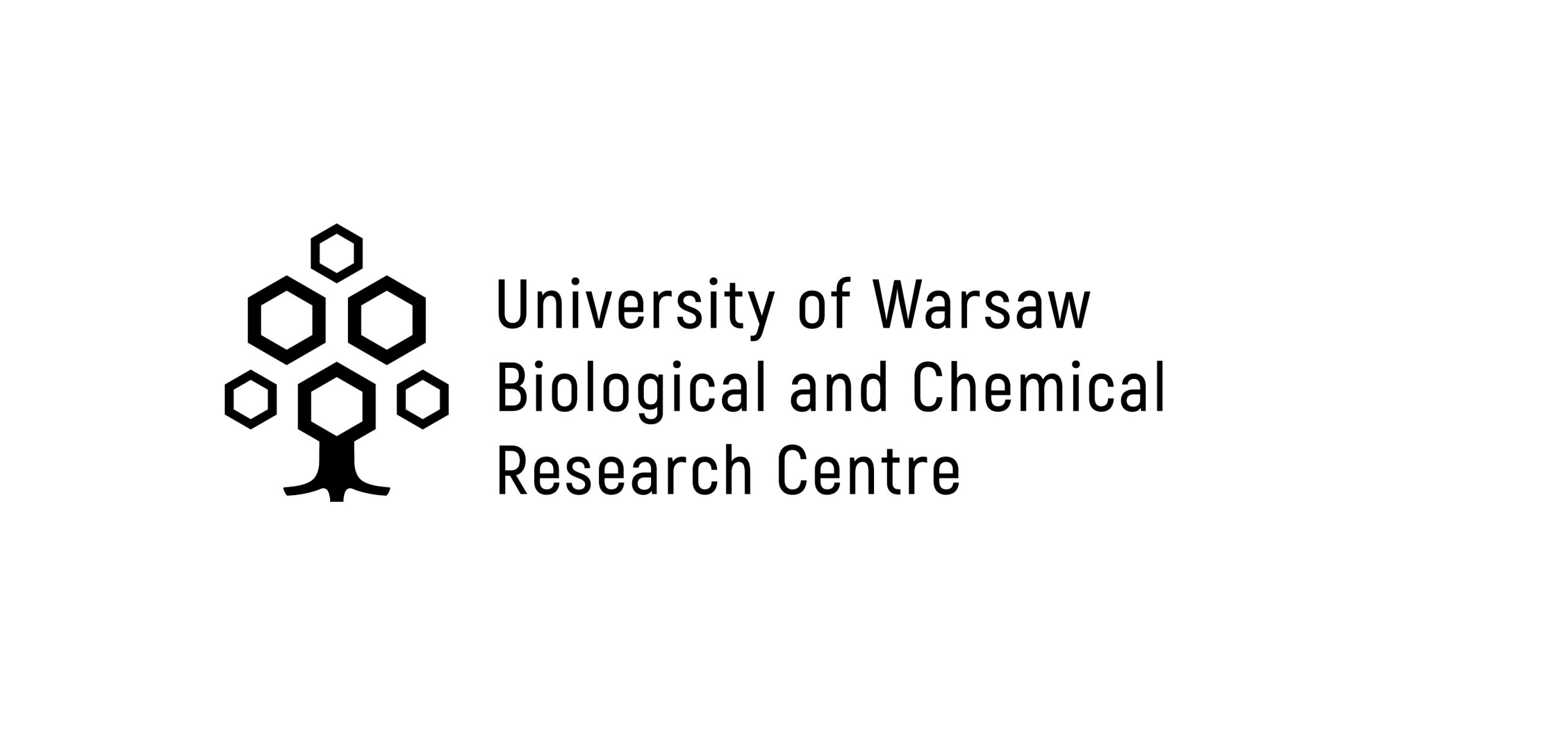Supramolecular Chemistry Laboratory
About the Group
Supramolecular chemistry—often described as “chemistry beyond the molecule”—is an interdisciplinary field of research at the triple meeting point of chemistry, biology, and physics. It focuses on phenomena governed by non-covalent interactions, forming the foundation of both biology and medicine on one hand, and nanotechnology on the other.
Group website: www.mchmielewski.pl
Research activities
The core expertise of the Supramolecular Chemistry Laboratory (SChL) lies in organic synthesis, which we apply in two major research areas:
– the development of functional materials based on Metal–Organic Frameworks (MOFs), i.e. crystalline coordination polymers with molecular-scale voids such as pores and channels,
– the synthesis of molecular receptors for anions, capable of their selective binding, sensing and transporting across lipid bilayers.
MOFs are a fascinating class of materials actively investigated in leading academic and industrial research centers around the world. These crystalline, porous frameworks are constructed from inorganic building blocks connected by organic ligands into a regular, three-dimensional lattice. MOFs find applications in various fields, including gas storage and separation (especially of hydrogen, methane, and CO₂), sensing technologies, drug delivery, electronics, and catalysis. At SChL, we focus on immobilizing catalysts within the nanoscale cavities of MOF structures. These modified MOFs function as microreactors, in which chemical transformations occur in confined spaces, resulting in higher selectivity and easier catalyst recovery and reuse.
Anions, in turn, play critical roles in numerous biological, chemical, medical, and environmental processes. The design and synthesis of molecules that can selectively bind, detect, and transport anions across biological membranes is one of the central themes in supramolecular chemistry. At SChL, we develop anion receptors that operate in aqueous environments and are capable of detection (e.g., via colorimetric or fluorescent signals), extraction, or transport of anions across lipophilic biological membranes. These receptors may serve as sensors for monitoring anion concentrations in living cells or environmental samples and—thanks to their biological activity—as next-generation antibiotics, anticancer agents, or therapeutic candidates for diseases associated with dysfunctional natural transporters, such as cystic fibrosis.
Offer
- Joint participation in R&D projects related to MOFs (Metal-Organic Frameworks) or supramolecular chemistry;
- Access to analytical instrumentation including: automatic gas sorption analyzer (Autosorb iQ-MP), HPLC, GC, CombiFlash preparative chromatography system, UV-Vis and fluorescence spectrometers;
- Access to various instruments for the synthesis and activation of MOFs, such as high-pressure autoclaves, ovens with programmable heating, a supercritical dryer for activation of porous materials, vacuum dryer, polarization microscope, and gas and vapor sorption analyser;
- Specialized tools for organic synthesis, including a microwave reactor, a ball mill for mechanochemical synthesis, Parr hydrogenation apparatus, and multiclaves for high pressure reactions (up to 200 bar)
Team leader
Michał J. Chmielewski received his PhD from the Institute of Organic Chemistry of the Polish Academy of Sciences (summa cum laude, supervisor: Prof. Janusz Jurczak), after which he completed postdoctoral fellowships at the University of Oxford (with Prof. P. D. Beer) and at Université Louis Pasteur in Strasbourg (with Prof. J.-M. Lehn, Nobel Laureate). He is the author of more than 50 scientific publications, primarily in prestigious journals, which have been cited more than 1800 times (h-index: 24). He is a recipient of the Marie Curie fellowship, the “Homing” grant from the Foundation for Polish Science, and the Ministry of Science and Higher Education scholarship for outstanding young scholars. In 2011, he was elected a member of the Polish Young Academy of the Polish Academy of Sciences. Since 2021, he is a professor at the University of Warsaw.
Selected Scientific Achievement
One of our key achievements is the development of simple and efficient methods for immobilizing homogeneous catalysts within the microscopic pores of MOFs. In collaboration with Prof. Karol Grela’s group, we were the first to demonstrate that MOFs can be used as platforms for immobilisation of catalysts of olefin metathesis — reaction of significant industrial relevance. These results were published in the prestigious journal ACS Catalysis. Our methods are general in scope, and we are currently exploring their application to the immobilization of other transition metal-based catalysts within MOFs.

